Baroque is one of the least well known games that keeps getting remade, I’ll wager. This exact title which is now an iOS download was originally a Sega Saturn and PlayStation 2 game, and then ported to the Nintendo Wii.
Either it sells well enough each time to justify a port to another platform, or the developers, Sting, just have a lot of faith that the game will finally hit a gold vein somewhere. If it’s the latter than I fear Baroque is a lost cause. This is not a game that will ever appeal to anyone beyond a tiny demographic, but that is not to suggest that this is a poor game, because it is and it holds up quite well on its new home.
Baroque is an incredibly dark roguelike action RPG. As such, it really does belong to a genre all to itself that no one else has thought to copy. All these years later, and it’s still unique. It is as challenging as Demon’s Souls or Dark Souls, and like those games, player death is a central component of the game’s story. Just to crush the spirit of the less hardcore gamers, though, where Demon’s Souls and Dark Souls are generous enough to let players resurrect with their levels and equipment relatively intact with each death, Baroque sends them right back to an underequipped level 1.
There is also a strict timer ticking down in Baroque – a vitality meter that can only be replenished by killing enemies. This forces people to keep a rapid pace up as they run through levels looking for targets. The trick here is when enemies damage the player, that health isn’t regenerated. With healing objects being randomly dropped (and not that often at that), playing through Baroque is a losing battle from start to finish.
That much is on par for the challenging roguelike genre, of course, but most roguelikes are not as unrelentingly bleak as Baroque. From start to finish this game drips with an oppressive, bleak and stark atmosphere that serves two purposes; it scares off anyone who doesn’t like extreme hardcore games, and for those that stick with it, it rewards them with a genuine sense of accomplishment for even surviving.
Moreso than almost any “survival horror” title, and moreso than even Demon’s Souls, surviving Baroque is a reward in itself. In a very dark way it is a compelling world to explore and has a tantalisingly abstract plot to puzzle through. The random level layouts of a roguelike help keep things interesting and surprising, and the monsters are often genuinely intimidating.
Though the game looks a little aged (it is a straight port of a PS2 title) on a technical level, the game’s art style fares better, and retains the intensity that made it such a polarising title when it was originally released on consoles. The controls take a little tweaking. The default camera controls are too resistive and it is difficult to get a proper look around. Upping the sensitivity is enough to make the game comfortable to play – there is a minimum of virtual buttons cluttering up the screen, and though this is an action RPG, it is not so action-packed that the virtual controls will cause frustration.
So much for the iPad and iPhone only offering “casual” gaming experiences, then. I’m really hoping that 2013 is the year that “gamers” wake up to the experiences that the platform can offer, because Baroque is a breathtakingly hardcore game and well worth exploring for anyone who hasn’t experienced it on one of its other platforms.
– Matt S
Find me on Twitter: @DigitallyDownld
And also on Game Center: WaltzIT



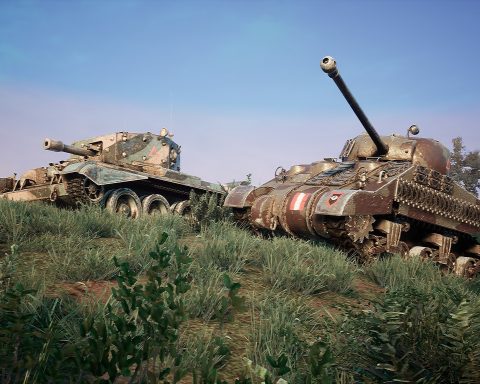
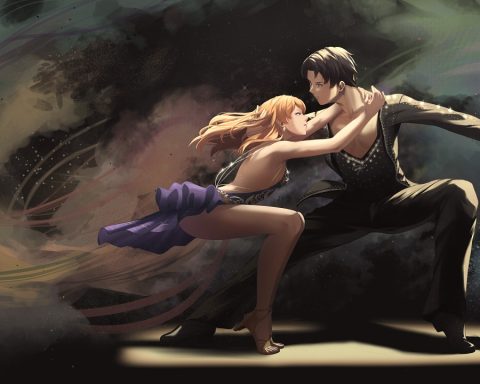
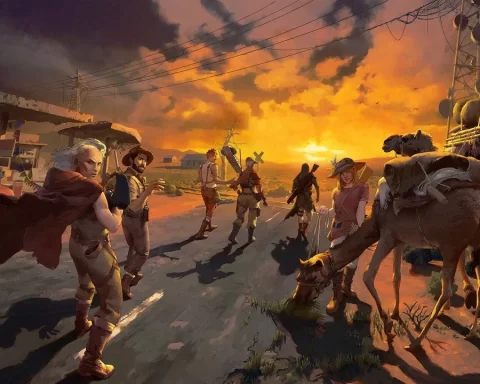
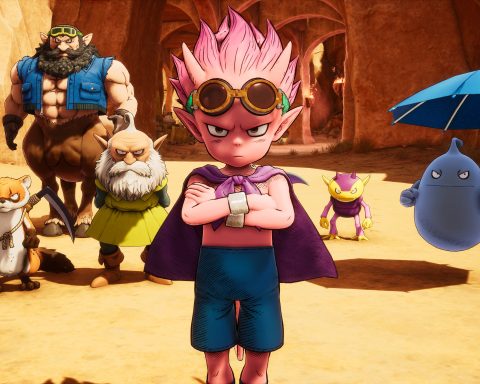
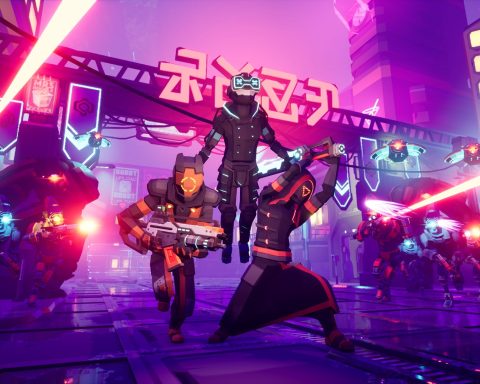
Just to make this clear. Buy This Game! It's a free download for a demo, and just $10 to unlock the full game. Love it.
Sounds intriguing. My favorite "RPG-roguelike" is Breath of Fire: Dragon Quarter, where a big reason to keep playing (and dying) was to peel away the layers of story and background for the game world. Tying retries to the game world/story is a neat concept.
In Baroque, do players keep nothing upon death? That might be TOO much of a downer for me (Dragon Quarter gave you an "experience bank" you could draw upon after a restart.)
Never heard of this game until just a few weeks ago. Great review! I'll have to pick this up sometime.
There is a very limited ability to save your best items, but yeah, the game is a very unforgiving one. That's what makes is so wonderful, haha.
I believe it is also available as a PS2 classic off the PSN, if you'd prefer to play it with buttons etc.
Well, if I had an iPad, I would probably get it on there but… PSN it is.
Also, this game isn't all about getting to the end of it either. Dying is actually how the world err… progress (I think that's a suitable word for it). I don't even know if the developers fully understand what they've created with Baroque, but it's definitely worth a try if you want to try something REALLY different.
Love, love, loved this game on Wii. I'm still not sure if I've got one flippin' idea if I was playing it right, or the meaning behind it, but I still very much enjoyed the 30+ hours I sank into the game.
Yeah, it's a pretty difficult story to get through – loads of Japanese-style ambiguous philosophy and such. Worth the persistence though because it's a beautiful story in many ways.
This game makes me wonder what other Wii/ PS2 games could be ported in the future. Chocobo Dungeon? Quite possible I would think!
I would buy Chocobo Dungeon the instant it landed on the Marketplace!
Still the best Wii game. I really like the odds of it happening. Square Enix is putting a lot of games on the marketplace right now.
Ah, see I'm a huge Disney fan and Epic Mickey is my favourite game on the Wii, with a close follow by Monster Hunter Tri.
Unfortunately both of those are likely outside of the realms of possibility for the current iPads 😛